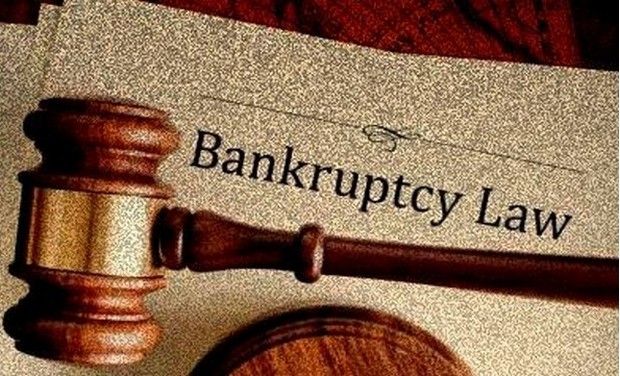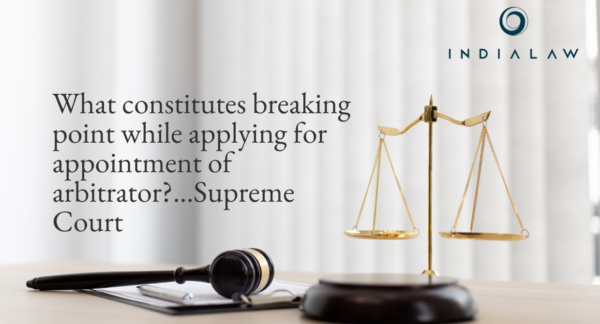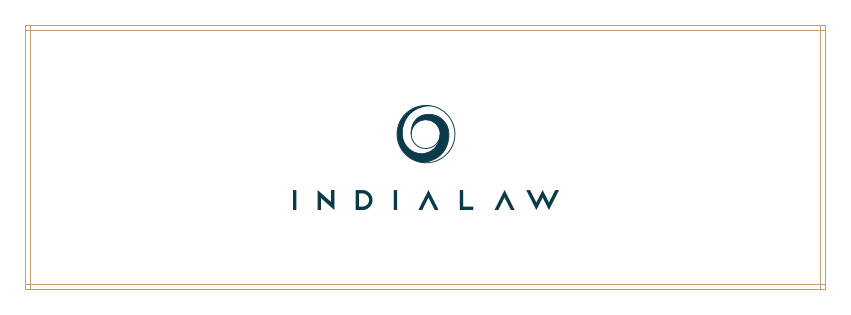Limitation Act will not apply to Insolvency Proceeding?


The National Company Law Appellate Tribunal (“NCLAT”) in its recent judgment in Black Pearls Hotel Pvt. Ltd v. Planet M Retail Ltd.[1] examined the issue whether the period of limitation prescribed under the Limitation Act 1963 is applicable to the Insolvency and Bankruptcy Code 2016 (the “Code”).
The appellant-operational creditor initiated a corporate insolvency resolution process under section 9 of the Code before the National Company Law Tribunal (“NCLT”) Mumbai bench, against the respondent-corporate debtor on the ground that debtor failed to pay certain sum of money, which was due under a business conducting agreement between the parties.
The NCLT dismissed the insolvency application mainly on the ground that the debt was time barred under the Limitation Act. NCLT held that “when the debt was a time barred one there was no legal obligation on part of the corporate debtor to pay the same and due to lapse of time the right to sue was barred by limitation and hence in this case there was no debt as defined in the Code.
This impugned order of the NCLT was challenged by the appellant before the National Company Law Appellate Tribunal (“NCLAT”). NCLAT reaffirmed its earlier judgment in Neelkanth Township and Construction Pvt. Ltd. vs. Urban Infrastructure Trustee Ltd[2] where it was held that the Limitation Act is not applicable to the Code. The reason given by the NCLAT for non-applicability of Limitation Act in Neelkanth was that the Code is not an act for recovery of money claim, but it relates to initiation of corporate insolvency resolution process. Hence, so long as debt is due including interest, the Code can be invoked even after the expiry of limitation period.
NCALT in the current case further went on to add that even if it is accepted that the Limitation Act is applicable to the Code, then Article 137 of the Limitation Act is applicable. Article 137 prescribes time period for filing application, where no specific period is provided under other provisions of Limitation Act. Article 137 provides a period three years from the date in which the right to file the application accrues. NCLAT held that in this case right to file application accrues on 1 December 2016 i.e. the date on which the Code came into effect. Hence, the applicant is very well with in the period of limitation to file the application.
The NCLAT therefore set aside the impugned order passed by the NCLT and remitted the case for admission after notice and hearing the parties.
Concluding Remarks
The legal position is still not very clear regarding the applicability of Limitation Act on the Code, even though it appears that NCLAT is favouring the view that Limitation Act is not applicable. While in Neelkanth NCLAT categorically stated that the Limitation Act is not applicable, the current case kept the window open by holding that period of Limitation Act, even if applicable, commence from 1 December 2016. The view taken by the NCLT that a time barred debt is not a debt at all seems to be more practical view. The contrary interpretation can open a floodgate of time barred claims. It is pertinent to note that the draft rules for insolvency resolution for individuals and firms issued by Insolvency and Bankruptcy Board of India, mandates each creditor to declare that his claim is not barred under limitation while issuing demand notice as well as while submitting proof of claim. However, uncertainty over the applicability of Limitation Act on corporate insolvency proceedings will remain until it is settled by a legislation or Supreme Court judgment.
[1] Company Appeal (AT) (Insolvency) No.91 of 2017
[2] Company Appeal (AT) (Insolvency) No.44/2017
This article is prepared by Indialaw Research Team with inputs from Insolvency & Bankruptcy Law Team of Indialaw LLP



